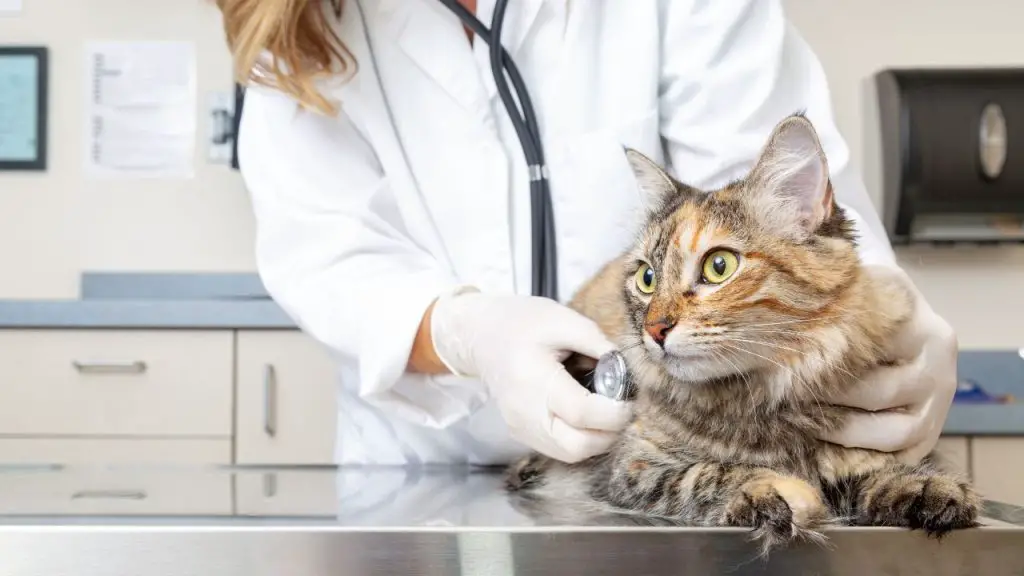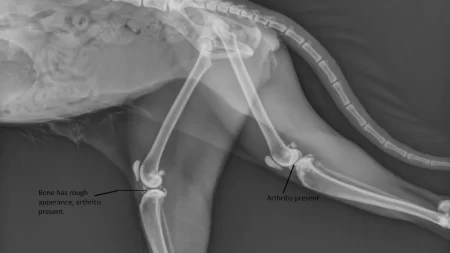When to euthanize a cat with seizures depends on the underlying cause of the seizures and how severe they are.
Seizures can be short and mild or long and intense, lasting around 2 to 5 minutes or more than five minutes.
If seizures have become more frequent or prolonged despite treatment, it may indicate serious underlying issues such as end-stage disease, which could be a reason to consider euthanasia.
However, it is important to consult with a veterinarian who can provide guidance on the best course of action for your cat’s specific situation.
What Are Some Common Underlying Causes Of Seizures In Cats?
Seizures in cats can be caused by a variety of underlying conditions.
Some common causes include diseases that affect the brain directly, as well as conditions that affect other body systems such as liver or kidney disease.
Toxin exposure is another common cause of seizures in cats, often caused by chemicals found in flea and tick medication.
Intracranial disease, such as inflammation or tumors within the brain, is also a frequent cause of seizures in cats.
Seizures can take many forms and may include convulsions, limb rigidity or paddling, and loss of consciousness, among others.
What Are Some Treatment Options For Cats With Seizures?
There are several treatment options for cats with seizures.
Anti-epileptic drugs (AEDs) are the primary treatment for epilepsy in cats, and many drugs can be used to this effect including phenobarbital, levetiracetam, zonisamide, gabapentin, and pregabalin.
Phenobarbital is generally considered the first choice in treating seizures in cats.
Other AEDs that may be used include gabapentin, levetiracetam, and zonisamide.
If the cause of the convulsions is unknown or untreatable, anticonvulsant medication will need to be used to treat the seizures.
Phenobarbital and levetiracetam are two of the most effective medications available to treat seizures in cats.
How Can You Tell If A Cat’s Seizures Are Becoming More Severe?
Signs that a cat’s seizures are becoming more severe include increased frequency, duration, and intensity of the seizures.
Aggression during a seizure may also be an indication of worsening severity.
If your cat experiences any of these symptoms, it is important to take them to the vet for a full checkup and diagnosis.
Are There Any Risks Associated With Euthanizing A Cat With Seizures?
There are risks associated with euthanizing a cat with seizures, as there are risks associated with any medical procedure.
However, the main concern is usually whether or not the cat’s quality of life is being significantly impacted by the seizures.
In some cases, seizures can be managed with medication and other treatments, but in other cases, euthanasia may be considered the most humane option.
It is important to consult with a veterinarian to determine the best course of action for each individual case.
A study on dogs found that there were risk factors associated with short-term mortality and poor outcomes in dogs with seizures, but it is unclear if these findings apply to cats as well.
What Kind Of Support Is Available For Pet Owners Who Are Struggling With The Decision To Euthanize Their Cat With Seizures?
Pet owners who are struggling with the decision to euthanize their cat with seizures can find support from various sources.
They can contact their local vet for advice, or they can reach out to organizations that provide euthanasia services for pets, such as The Anti-Cruelty Society and VCA Animal Hospitals.
Additionally, pet owners who are grieving the loss of their cat can seek support from organizations like Blue Cross, which offers a Pet Bereavement Support Service.







